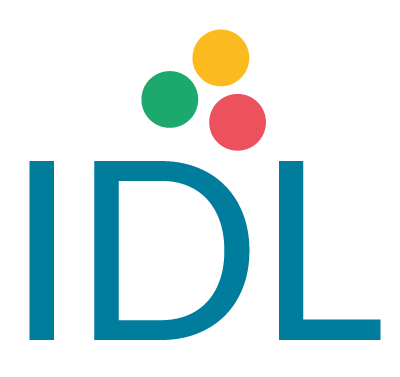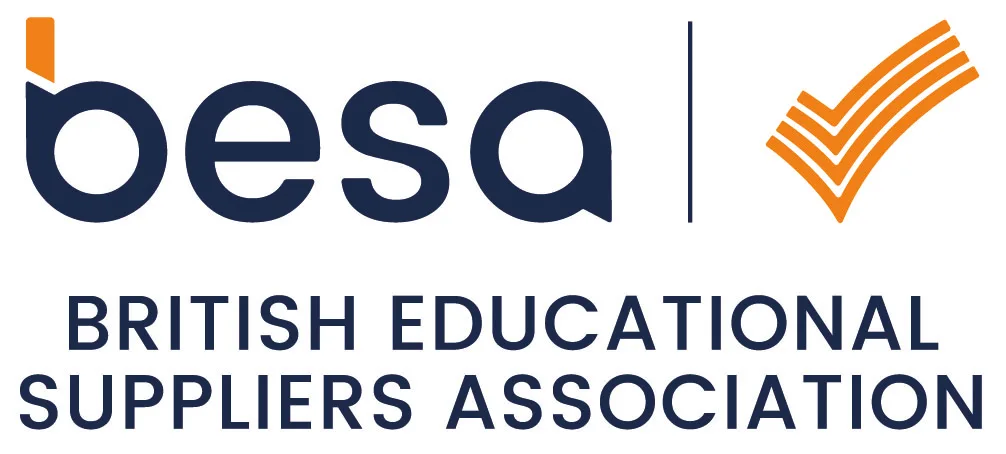This website uses cookies so that we can provide you with the best user experience possible. Cookie information is stored in your browser and performs functions such as recognising you when you return to our website and helping our team to understand which sections of the website you find most interesting and useful.
Birmingham Council - IDL Numeracy
Of the total number of pupils engaged in the IDL Numeracy study, 65% demonstrated accelerated progress in Addition.
In Number and Place Value, 66% of pupils demonstrated accelerated progress.
64% of pupils identified as needing SEN support made accelerated progress across the IDL Numeracy strands.
——————————————————————————————————————————————————————————————————————————————————————-
Introduction
This study looks at the success of IDL Literacy across Birmingham schools. Case study written by Avril Bull, Pupil & School Support Teacher, Birmingham City Council.
Following the success of the IDL Literacy pilot in Summer 2018, IDL worked with the Pupil and School Support service to deliver a pilot with primary and secondary schools in Birmingham to test IDL Numeracy. This was for a period of ten weeks, with a focus on Number, Place Value, Addition and Subtraction. Schools selected pupils who had identified Special Educational Needs (SEN) or who it was felt would benefit from a targeted maths intervention.
14 schools from across Birmingham took place in the pilot between April and July 2019.
Implementation
Schools were required to make the following commitments in order to take part in the pilot:
- Must commit to training and regular timetabled usage of IDL
- Minimum of 10 pupils to take part
- Had to attend a half day training session
- Pupils would use IDL for a minimum 4 x 15-minute sessions per week, for a total of one hour per week
- Schools had a maximum time of 15 weeks with access to the program but were only required to complete 10 weeks of intervention
- Schools needed to use the Birmingham Maths Toolkit to track progress to provide pre and post assessment information
- Computer and headphones were required with internet access.
Schools were asked to track pupils using the following threads of Birmingham’s Maths Toolkit, focussing on the number element of the descriptors:
- Number and Place Value
- Addition
- Subtraction
Of the fourteen schools which completed the pilot successfully ten were primary and four were secondary.
Conclusion
The trial using IDL Numeracy by both primary and secondary schools in Birmingham was constructive and encouraging. Given that pupils had a maximum of 10 weeks using the programme the number of pupils who made accelerated progress was high, particularly when tracked against the Number and Place Value Thread.
The results suggest that this program works well for most of the pupils who are currently working on targets from Birmingham’s Maths Toolkit, and if used over the full academic year IDL Numeracy would work for all pupils and not just those with SEN.
Brownedge St Mary's Catholic High School - Alison BradshawI definitely noticed a huge improvement with a pupil who has huge difficulties in reading and writing.














